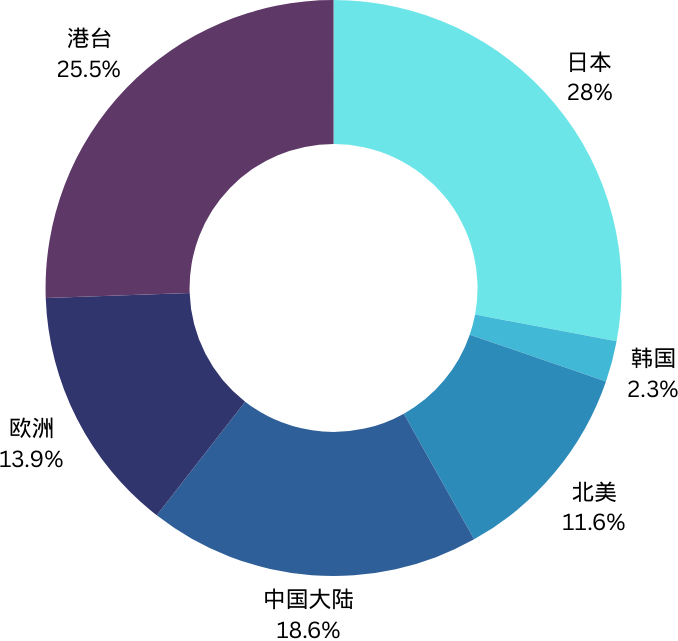9.2
An intimate and revelatory eyewitness account of two generations of students in China’s heartland, chronicling a country in the midst of tumultuous change through the prism of its education system
More than twenty years after teaching English to China’s first boom generation at a small college in Sichuan Province, Peter Hessler returned to Sichuan to teach the next generation. At the same time, Hessler and his wife enrolled their twin daughters in a local state-run elementary school, where they were the only Westerners in a student body of about two thousand. Over the years, Hessler had kept in close contact with more than a hundred of his former students, who were now in their forties. By reconnecting with these individuals—members of China’s “Reform generation” —while teaching current undergrads, Hessler was able to gain a unique perspective on China's incredible transformation over the past quarter-century.
In the late 1990s, almost all of Hessler's students were the first member of their extended families to become educated. Their parents were subsistence farmers who could offer little guidance as their children entered a brand-new world. By 2019, when Hessler arrived at Sichuan University, he found a very different China and a new kind of student—an only child whose schooling was the object of intense focus from a much more ambitious and sophisticated cohort of parents. Hessler’s new students have a sense of irony about the regime but mostly navigate its restrictions with equanimity, and embrace the astonishing new opportunities China’s boom affords. But the pressures of this system of extreme “meritocracy” at scale can be gruesome, even for much younger children, including his own daughters, who give him and his wife an intimate view into the experience at their local school.
In Peter Hessler’s hands, China’s education system is the perfect vehicle for examining what’s happened to the country, where it’s going, and what we can learn from it, for good and ill. At a time when anti-Chinese rhetoric in America has grown blunter and uglier, Other Rivers is a tremendous, indeed an essential gift, a work of enormous human empathy that rejects cheap stereotypes and shows us China from the inside out and the bottom up, using as a measuring stick this most universally relatable set of experiences. As both a window onto China and a distant mirror onto America and its own education system, Other Rivers is a classic, a book of tremendous value and compelling human interest.
这是一本关于中国心脏地带两代学生的亲密而揭示性记录,由一位观察了过去二十五年中中国剧变的作者何伟所撰写。
在中国经济腾飞的初期教授英语二十多年后,何伟回到四川省,教导下一代的学生。他的这段经历也在他的书《江城》中有所记录。同时,何伟和妻子将双胞胎女儿送入了当地一所国立小学,她们是唯一的西方学生。多年来,何伟与许多他在上世纪90年代教过的人保持密切联系。这些人如今已是四十多岁的中国“改革一代”。通过与这些人重聚,同时教导当代的大学生,何伟获得了一个独特的视角,目睹了中国令人难以置信的变化。
1996年何伟抵达中国时,他班上的几乎所有人都是第一代大学生。他们通常来自大型农村家庭,父母多为维持生计的农民,对孩子踏入全新世界几乎无法提供指导。到2019年,何伟来到四川大学,他见到的是一个截然不同的中国以及一种新的学生类型——独生子女,他们的教育是一个更加雄心勃勃的家长群体的重中之重。在四川大学,许多年轻人对体制抱有一种讽刺的态度,但大多数人平静地适应着体制的限制,并拥抱中国崛起带来的机会。然而,极度竞争的压力依然让人精疲力尽,甚至影响到更年幼的孩子——包括何伟的女儿们,她们的学校经历让他得以深入了解当地教育环境。
在何伟的笔下,中国的教育体系成了审视这个国家的过去、现在和未来的完美媒介,让我们从中汲取正面和负面的经验。在美国反华言论愈加尖锐和丑陋之际,《Other Rivers》是一本不可或缺的巨著,饱含深厚的同理心,摒弃了廉价的刻板印象,从内而外、从下至上地展示了中国。这本书既是对中国的窗口,也是对美国的镜子,堪称这位大师级作者的经典之作。











